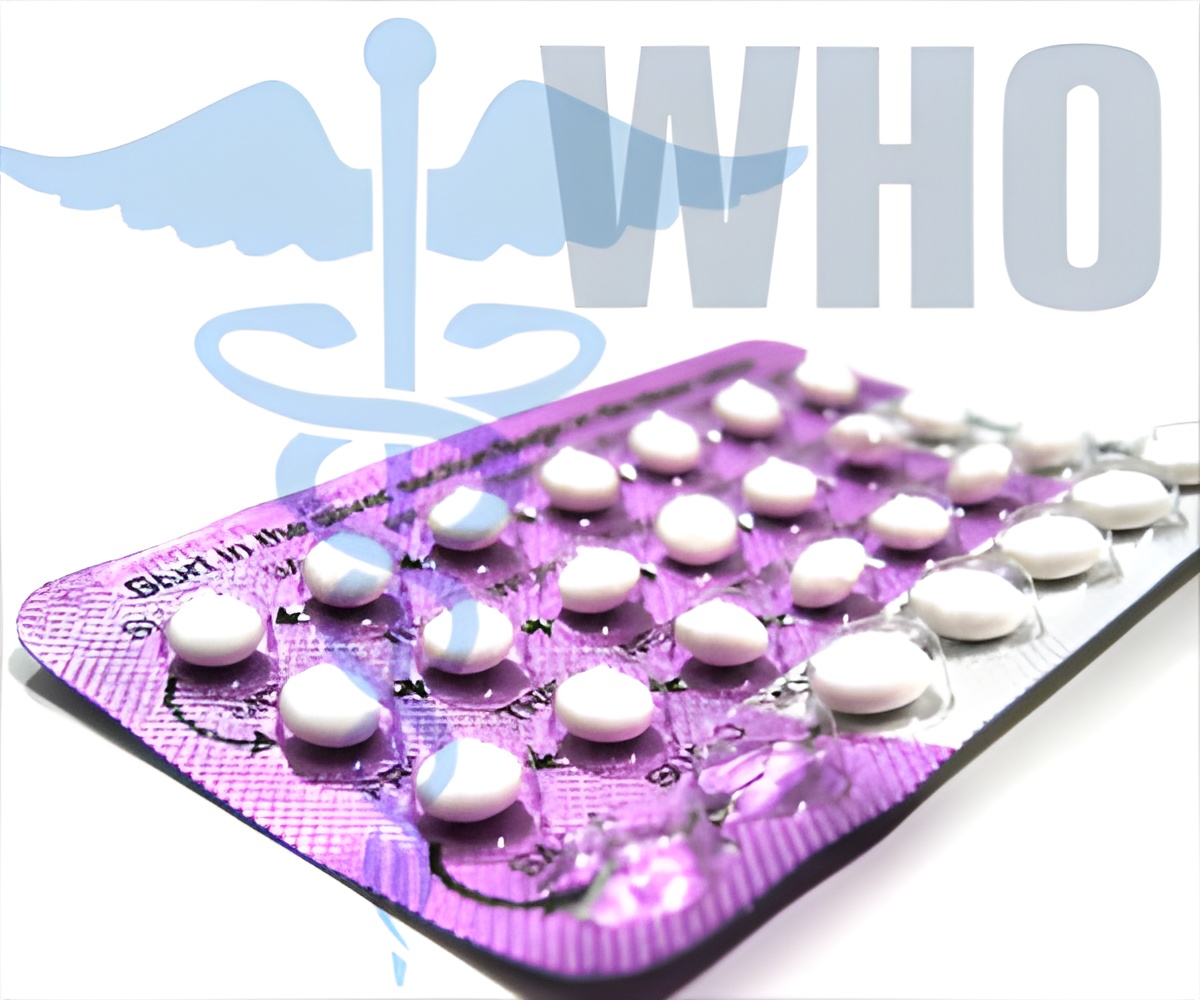Now, women have more options to prevent unwanted pregnancies and can also avail the use of hormonal birth control less than 6 weeks after childbirth.

A pregnancy without adequate gap puts a huge financial as well as emotional burden on the family and is detrimental to the health of the mother. Many women with unplanned pregnancy opt for abortion. Statistics indicate that out of the 213 million pregnancies that occurred in 2012, 40% of them (85 million pregnancies) were unintended. Fifty percent of these unwanted pregnancies ended up in an abortion.
WHO’s statistics in the African region indicate that 25% women who would like to prevent or delay pregnancy do not have access to contraceptives. In many countries, women do not have access to safe abortion practices, which puts the life of the mother at risk.
The MEC for contraceptive use is a document published by WHO that advises national family planning policy makers and reproductive health managers as they prepare guidelines for the contraceptive services in their own country. Thus, it is not to be used by individuals per se. The MEC wheel can also be used as a simplified version of the document.
WHO has made changes related to hormonal birth control in the fifth edition of the guideline, which has been recently released. Long-acting injectable hormones have been added to the list of contraceptives. Injectable contraceptive hormones reduce the necessity of taking daily pills and therefore can avoid unwanted pregnancies.
Hormonal contraceptives can now be used by women within even 6 weeks after delivery. This step could help women who would like to keep a gap between pregnancies. Though ovulation takes some time to resume following delivery, the time varies among women. In some women, it may appear very early and therefore if the woman is not protected, it could result in an unplanned child. Breastfeeding women often feel that as long as they are breastfeeding, they do not need a contraceptive. This false notion often results in unplanned pregnancy.











